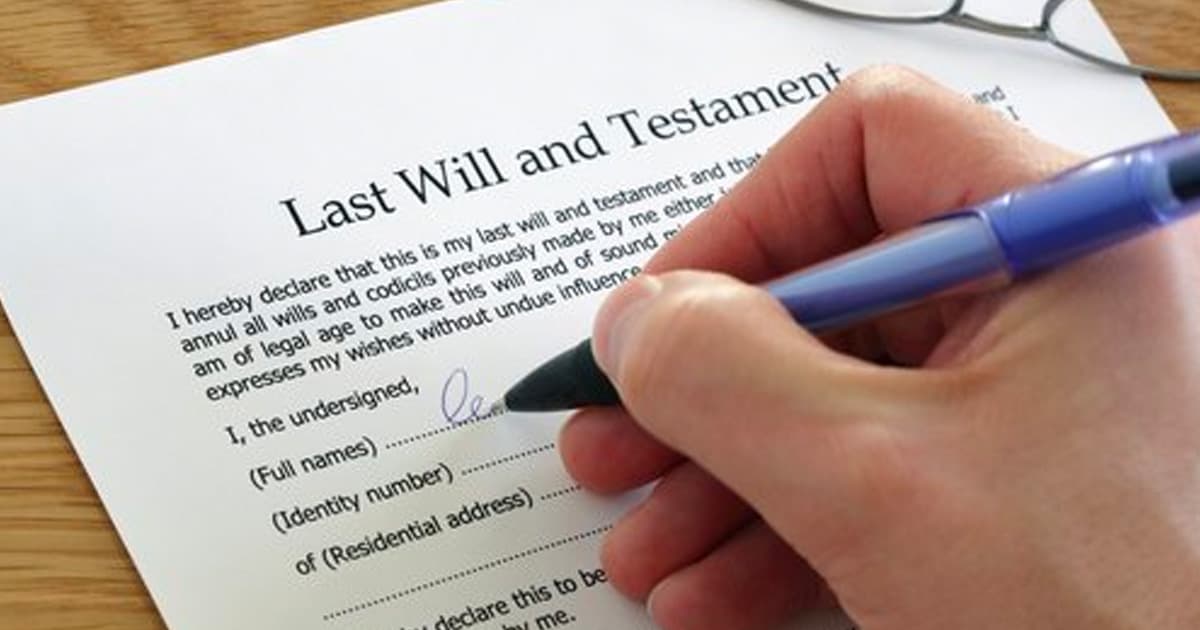How to Start a Will
How should you start a will? With an exordium: “Exordium” is the beginning or introductory part of a speech or documents. In a Will, the exordium is the part most people have heard at some point on TV or elsewhere. An example: “I, John James Doe, also known as Johnny Two-Thumbs, of Wake County, North Carolina, declare this to be my Will and revoke all earlier Wills and Codicils.”
The exordium should identify the Testator (the person making the will). You will usually see it as something like: “I, John Doe.” The complete legal name of the Testator should be included. The exordium should also contain any nicknames.
The exordium should also include something listing the domicile. At a bare minimum, it should have the state, but best practice is to include the county as well. The domicile is important for identification and to help us determine in what county we need to file the estate paperwork.
The exordium should also include the intent to create a Will and the intent to revoke all prior Wills and codicils, if applicable.
It is common, but not necessary, to include something which states the testator is of sound mind or mindful of the uncertainties of this mortal life. However, it is a widely held belief that such language is superfluous, as it does not determine testamentary capacity. In order to have testamentary capacity, the person comprehends the natural objects of their bounty, understands the kind, nature, and extent of his or her property, knows the manner in which he or she wants such property to be distributed, and realizes the effect such distribution will have on his or her estate. These elements cannot be ascertained from a statement in the exordium.

